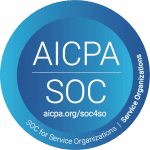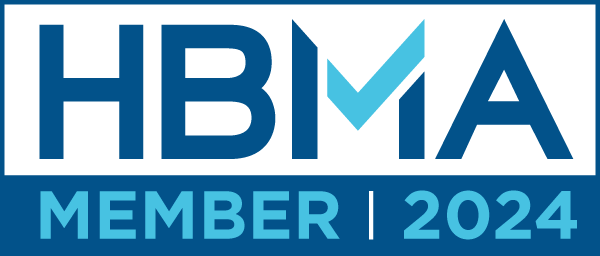Embracing Technology: The Lifeline for Labor Shortages in Healthcare
The healthcare industry is currently navigating a critical challenge: a significant labor shortage that endangers its mission to deliver top-notch patient care. The Association of American Medical Colleges (AAMC) warns that by 2033, the U.S. could see a deficit of up to 139,000 physicians. This issue spans across various healthcare roles, including nurses and administrative staff, leading to a cascade of operational difficulties.
Strained by limited personnel, administrative operations often suffer, negatively impacting patient scheduling and billing, which in turn affects patient satisfaction. Industry surveys indicate that 75% of healthcare administrators attribute increased workloads to staff shortages, causing a surge in patient dissatisfaction with service and wait times.
A Technological Solution to Administrative Woes
To tackle these challenges, medical practices and billing organizations are increasingly turning to technology for help. PhyGeneSys, a medical practice and billing software, has become an indispensable tool in mitigating labor shortages by automating numerous administrative tasks. Improvements in billing accuracy and decreased claim denials with PhyGeneSys have notably strengthened the financial well-being of healthcare practices. By streamlining the claims management process, the software alleviates the burden of constant error correction, speeding up reimbursements.
The automation provided by PhyGeneSys RPA+ helps prevent burnout among medical billing professionals—40% of whom report feeling overwhelmed—and allows staff to engage in more fulfilling work, as reported by AHIMA.
Advanced Analytics Drive Strategic Decisions and Patient Engagement
Advanced analytics within PhyGeneSys aid strategic decisions by highlighting patient visit patterns and optimizing staff schedules. A Harris Poll reveals that 75% of Americans find technology beneficial when interacting with healthcare providers, for receiving test results, medical inquiries, or bill payments.
PhyGeneSys is more than a stopgap for current operational demands; it’s a catalyst for continuous improvement and learning. By ensuring more accurate claims and faster approvals, it boosts patient satisfaction and opens opportunities for staff skill advancement, enhancing both operational efficiency and staff contentment, thereby enriching the customer experience on all fronts.
A Gateway to Enhanced Practice Management and Financial Health
PHIMED offers actionable KPIs through PhyGeneSys, enabling practices to track and optimize billing processes, set benchmarks, and align financial goals with patient care.
Technology is playing a pivotal role in shaping the future of healthcare practices by reducing dependence on human labor for administrative tasks. Robotic Process Automation (RPA), for instance, efficiently manages repetitive revenue cycle management tasks, freeing qualified staff to focus on patient care.
PhyGeneSys offers multiple benefits, including the automation of claims submission, acceleration of reimbursements, minimization of errors that lead to claim denials, and financial stability, all of which are crucial for maintaining high care standards. Additionally, it provides comprehensive management tools for daily operations, performance analysis, easy access to essential information, and supports informed decision-making for enhanced patient care.
Integrating PhyGeneSys for a Resilient Healthcare Future
As healthcare practices confront labor shortages, PhyGeneSys by PHIMED stands out as a progressive solution for revenue cycle management, propelling practices towards a resilient and sustainable future by automating administrative processes, improving financial performance, offering insights for strategic decision-making, and enhancing patient engagement.
DOWNLOAD our Revenue Integrity Q&A with Ashley Kilmartin (Dir. of Strategic Partnerships): “From Data to Dollars: How Technology Secures Revenue Integrity in Healthcare”









